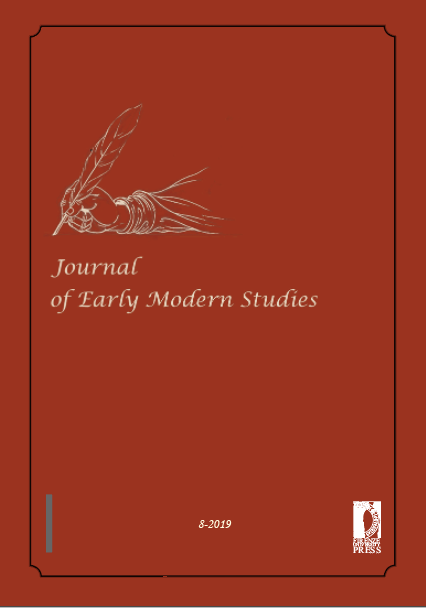Published 2019-03-14
How to Cite
Abstract
The article gives an overview of the writing processes of theatre performances in medieval France. At the crossroads of all processes is the original (the Book, le Livre, les originaux) containing the full text, and from which all kind of copies were produced for different reading practices – entertainment, meditation, devotion, teaching, learning – identified by specific content, layout and material features. With the case study of Maistre Pierre Pathelin, a late fifteenth-century comedy, is shown how the text varies in the performance process and extemporizing practices of professional players, and finally sediments in its written circulation. Detail of the same process can be closely observed with the Mystère des Trois Doms, a great urban play of the early sixteenth century for which, exceptionally, both the Book and an account register of a unique performance have come to us. We conclude that, in the medieval history of theatre performance in France, the author is as much corporate as individual, and that extemporizing practices of professional players, from the thirteenth to the fifteenth century may well be a key in understanding the origins of the Italian commedia dell’arte which is generally presented as the beginning of modern professional theatre practices.


